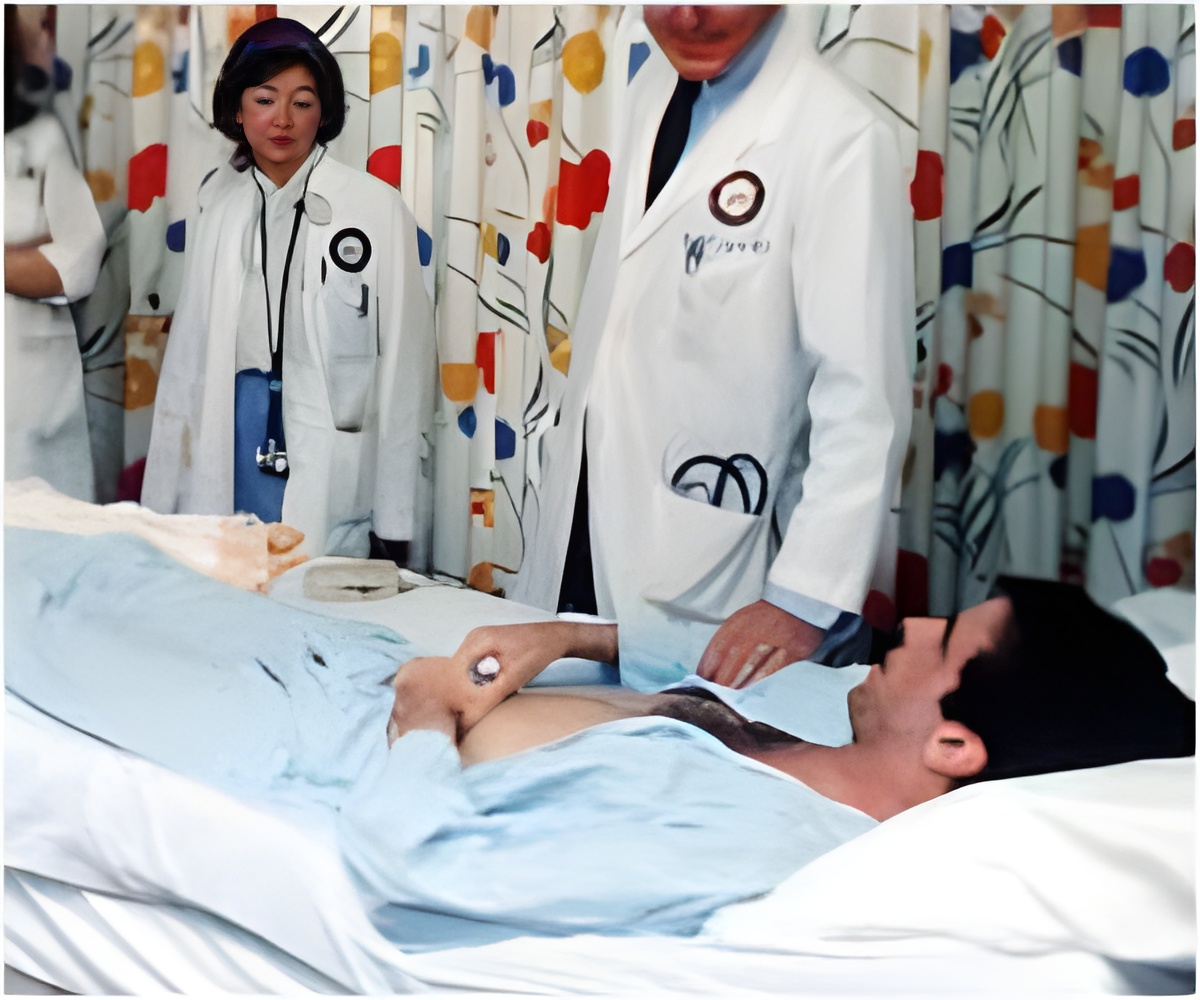If a patient is not likeable, will he or she be taken less seriously when exhibiting or complaining about pain? Reporting in the October 2011 issue

Investigators found that participants rated patients associated with negative traits as less likeable than patients associated with neutral traits. They rated patients associated with neutral traits as less likable than patients associated with positive traits. Further, pain of disliked patients expressing high intensity pain was estimated as less intense than pain of liked patients expressing high intensity pain. Furthermore, observers were less perceptually sensitive toward pain of negatively evaluated patients than to pain of positively evaluated patients, i.e. they were less able to discriminate between different levels of pain expressed by the disliked patients.
"Identifying variables that influence pain estimation by others is relevant as pain estimation might influence crucial actions concerning pain management both in the professional context as well as in the everyday environment," commented lead investigator Liesbet Goubert, PhD, assistant professor of Health Psychology and co-investigator Geert Crombez, PhD, head of the Department of Experimental-Clinical and Health Psychology, Ghent University, Belgium. "Our results suggest that pain of disliked patients who express high pain is taken less seriously by others. This could imply less helping behavior by others as well as poorer health outcomes."
Source-Eurekalert











